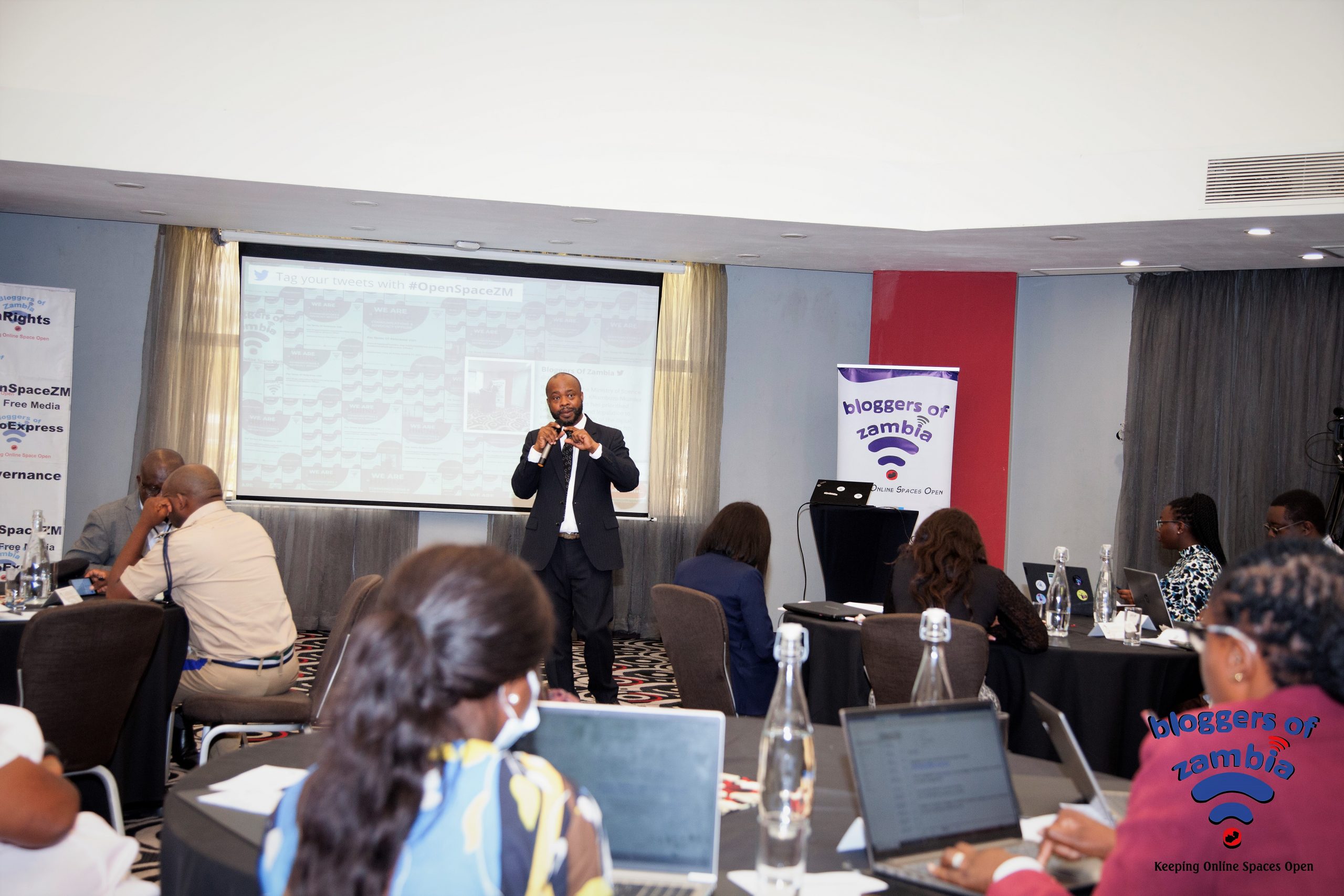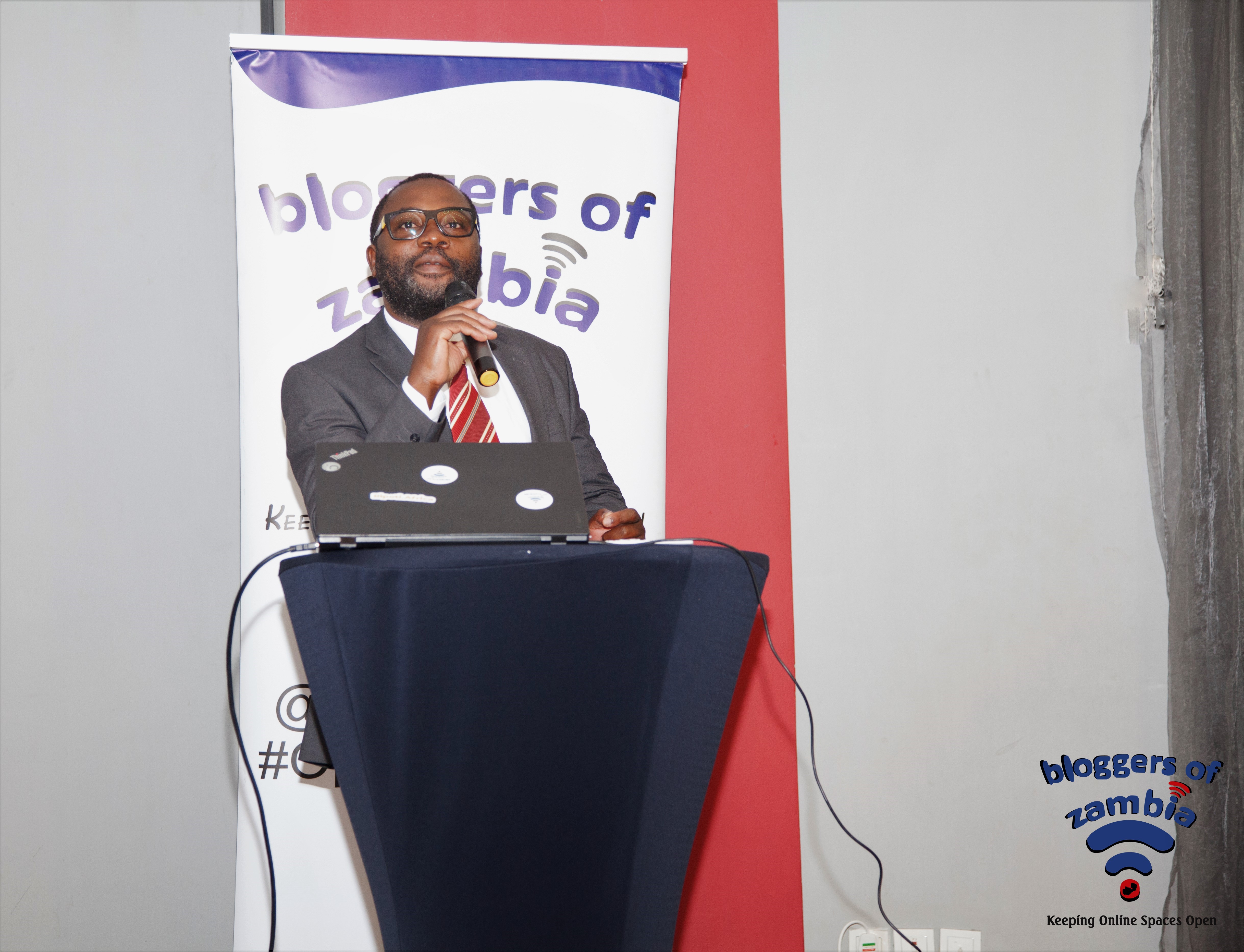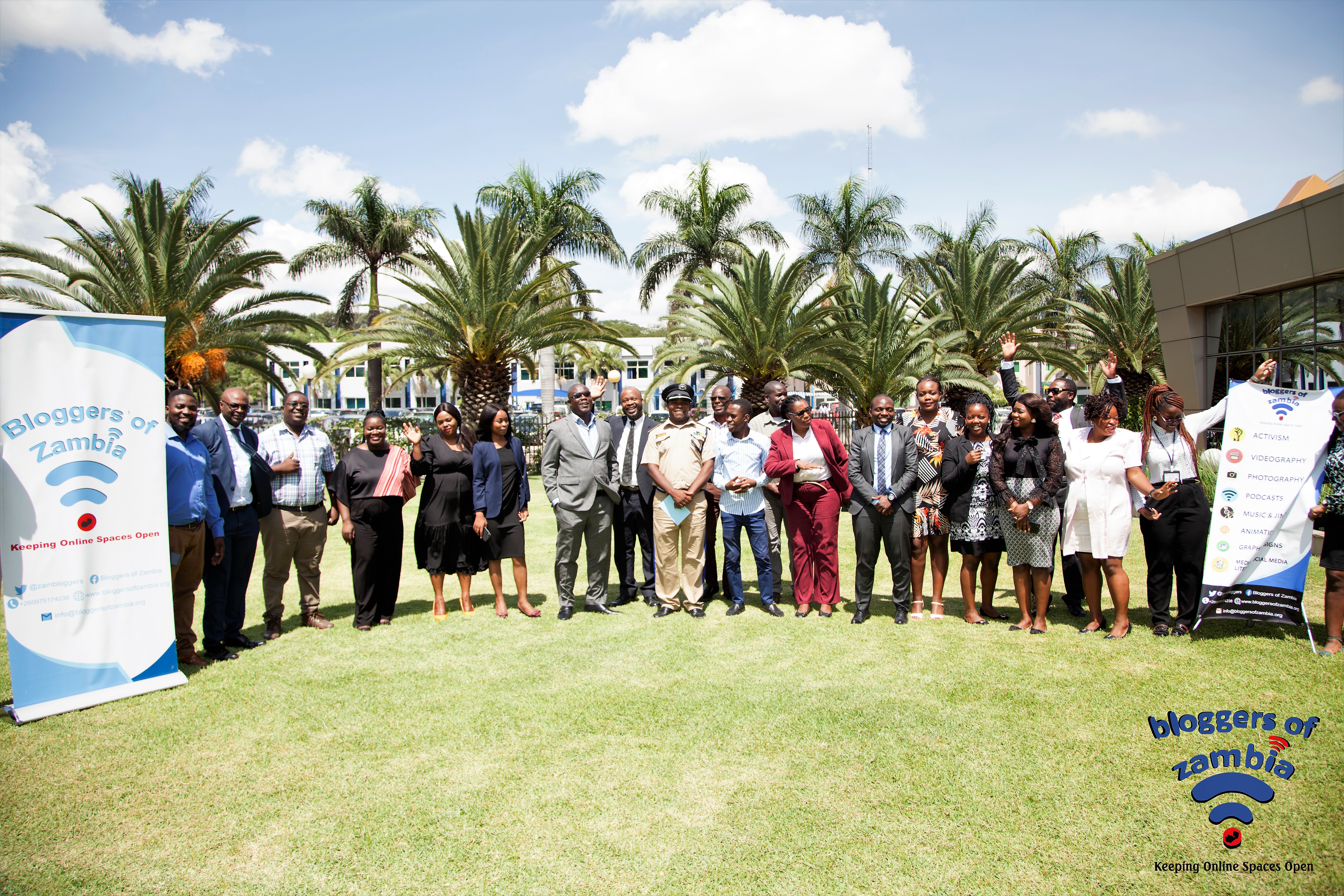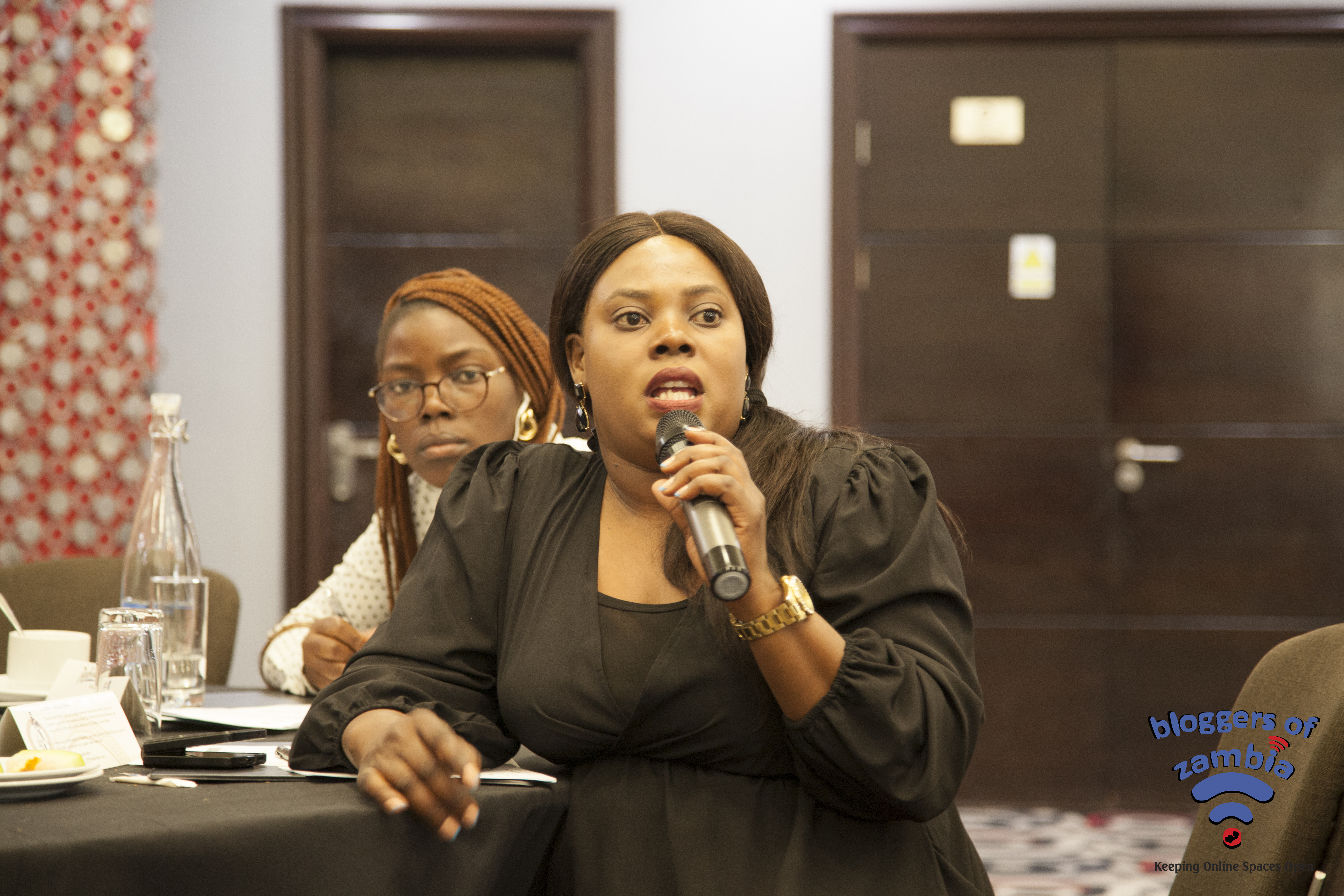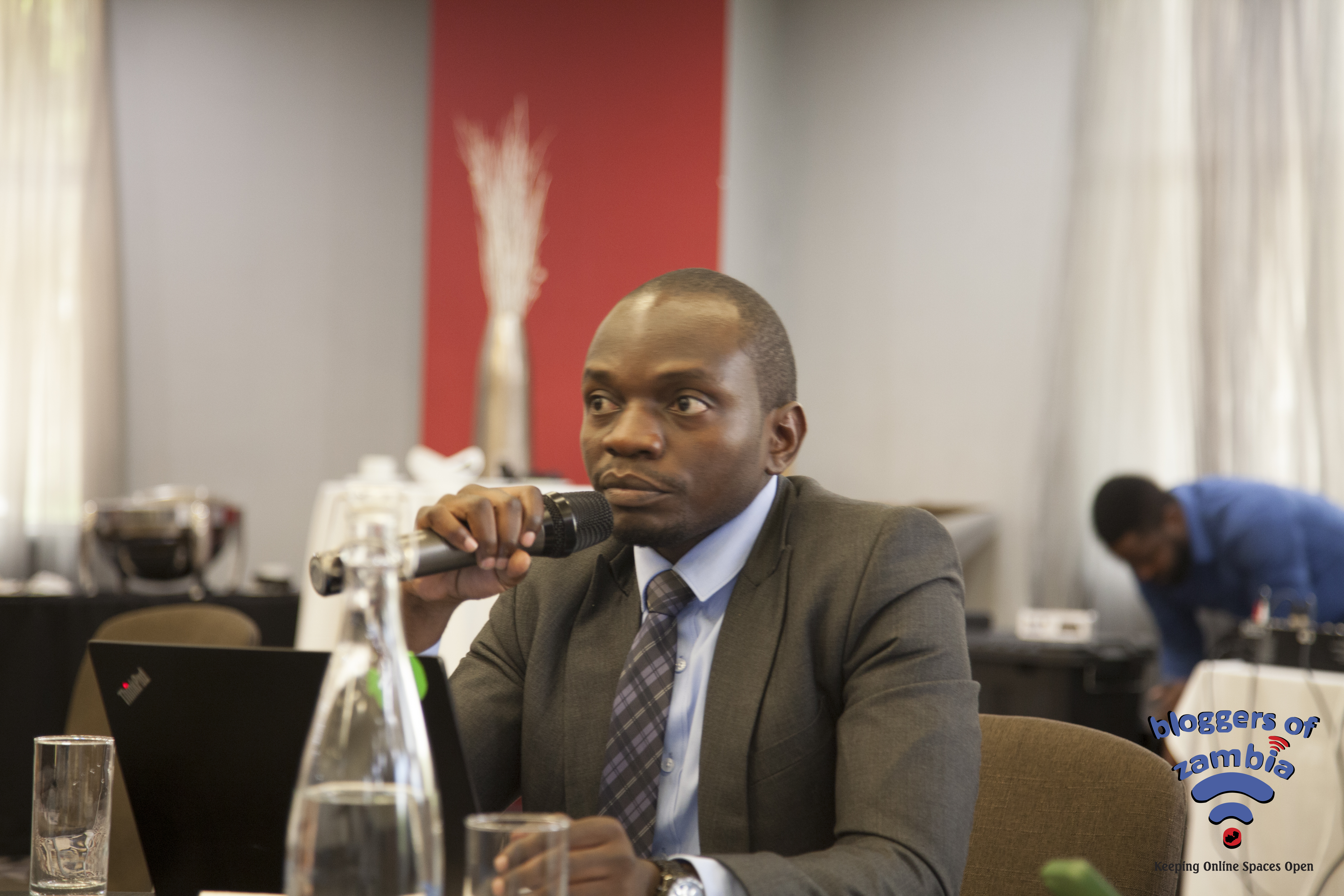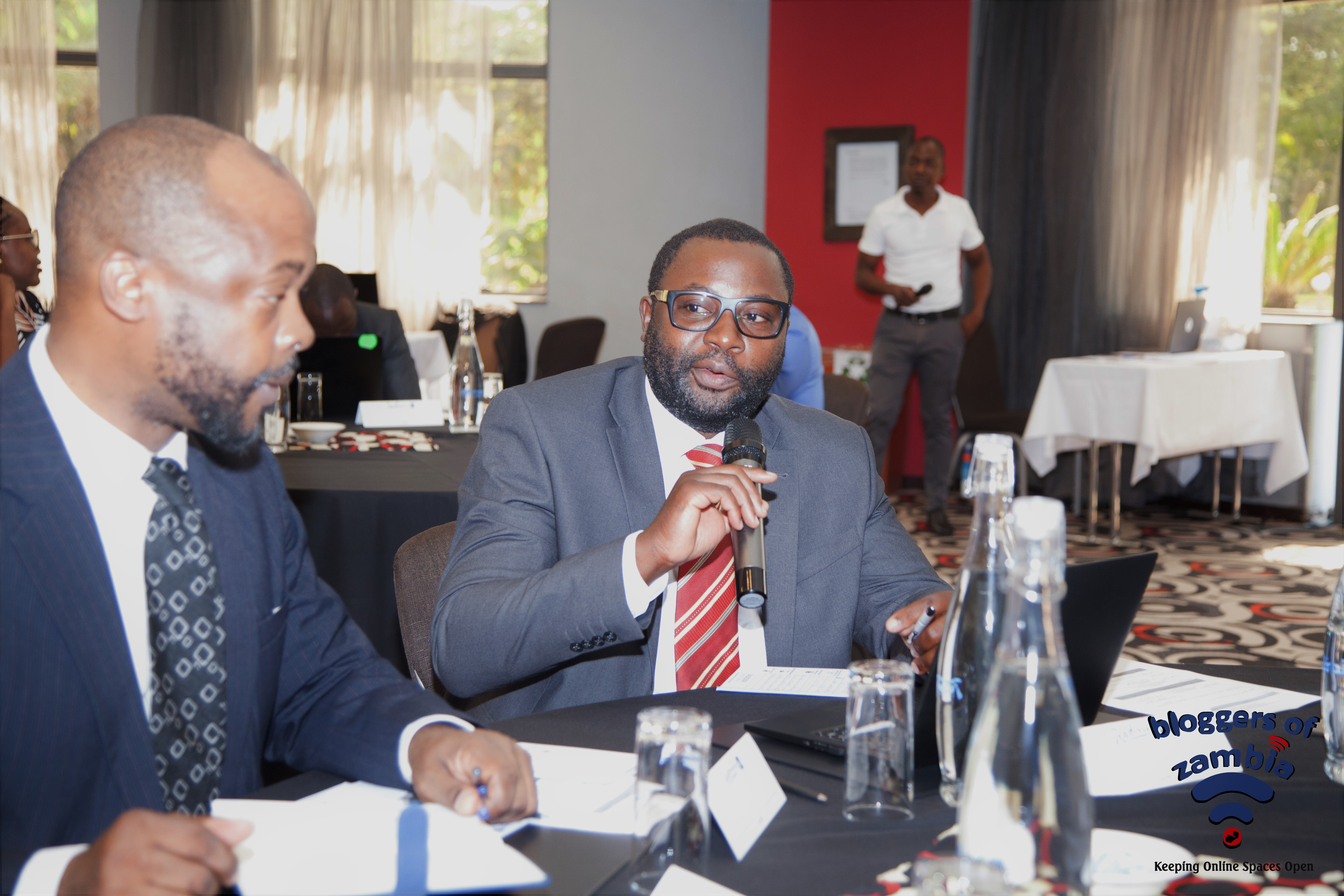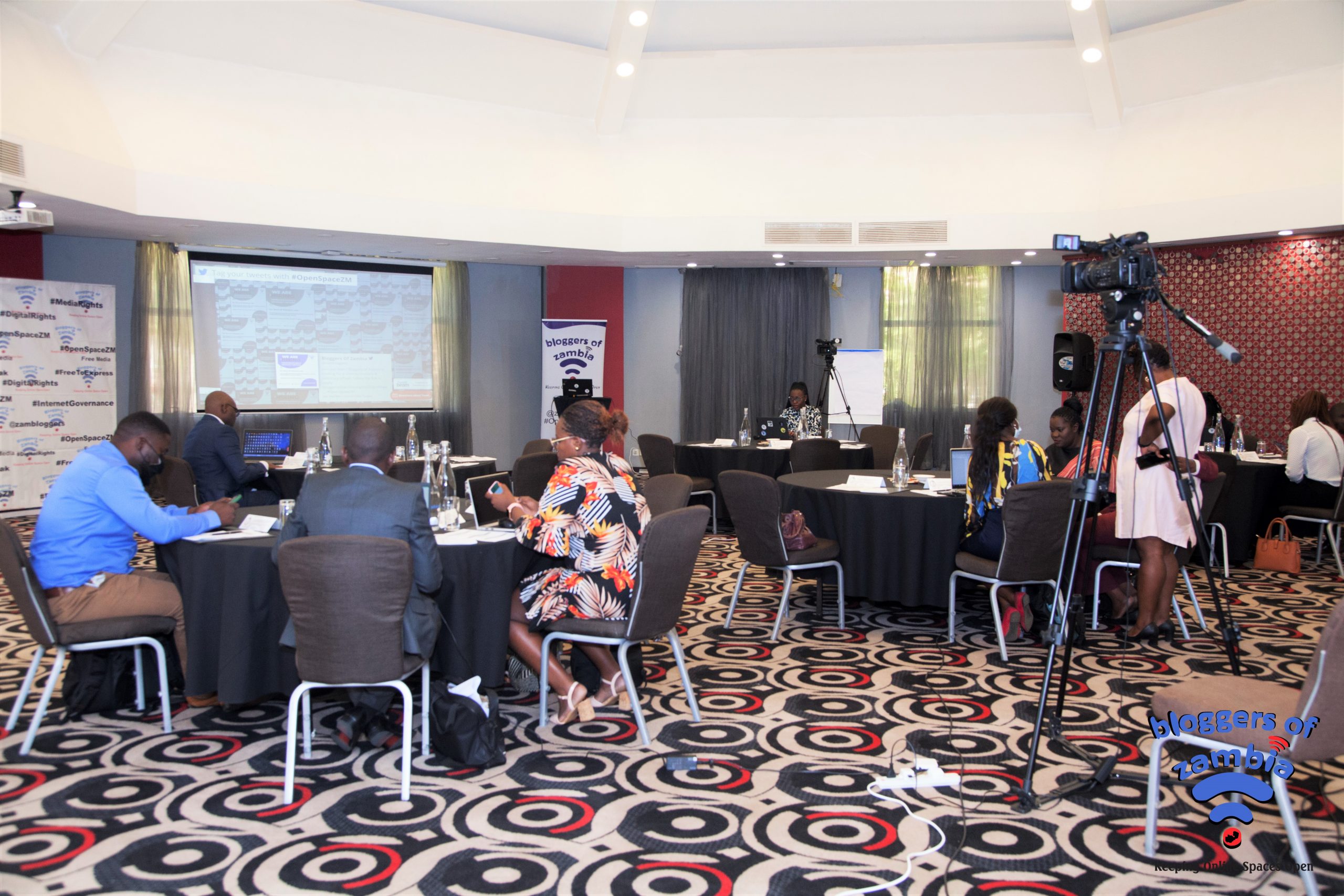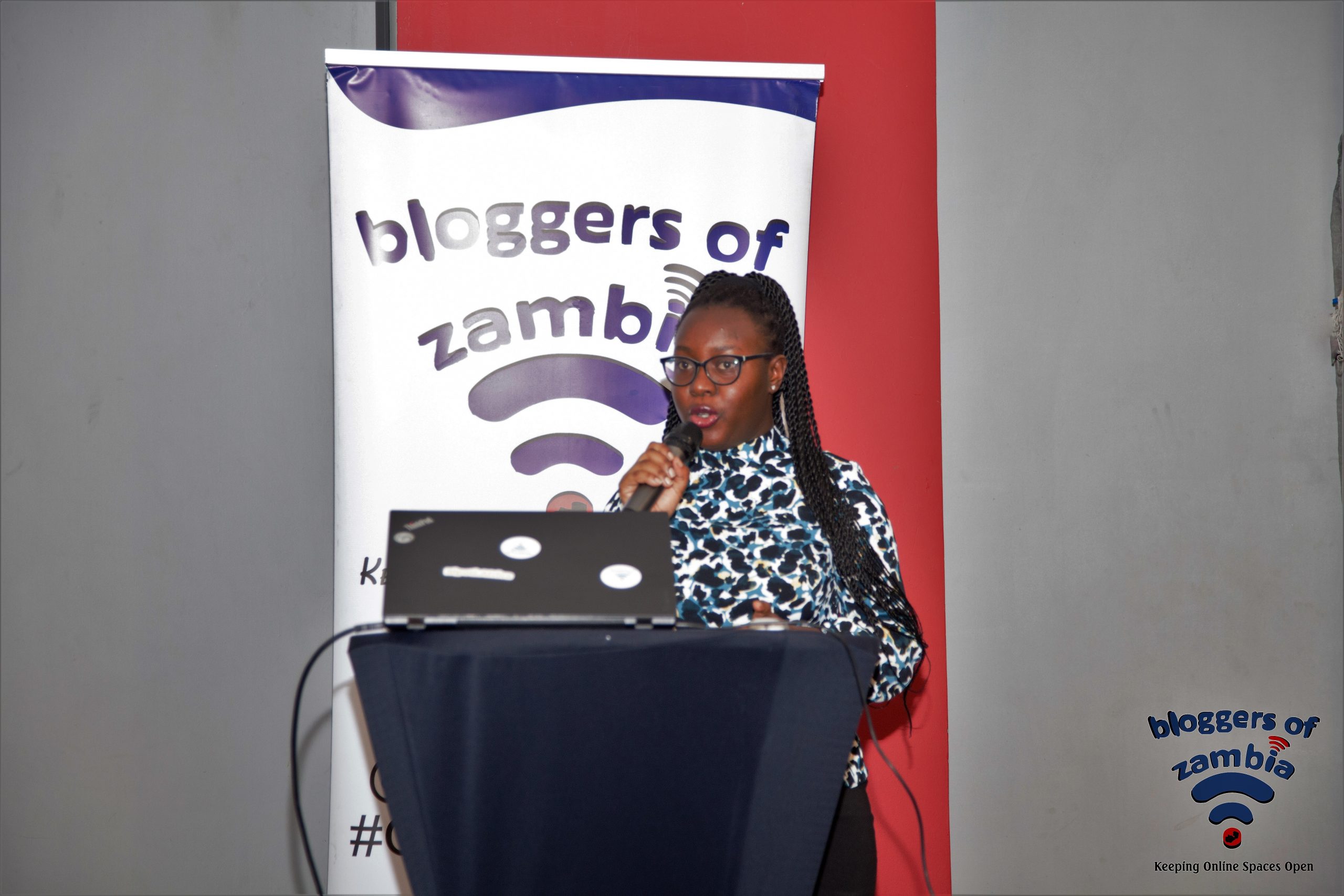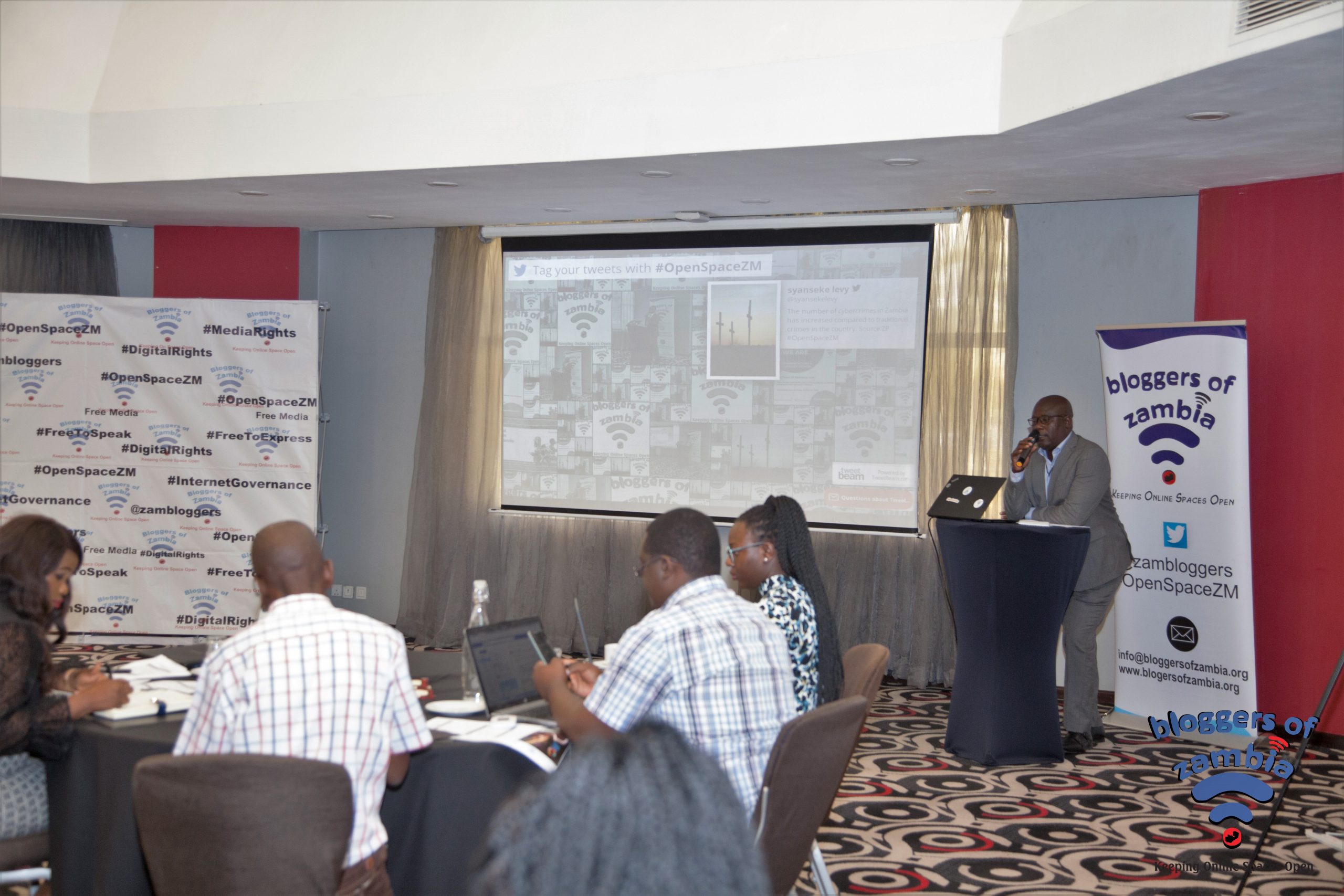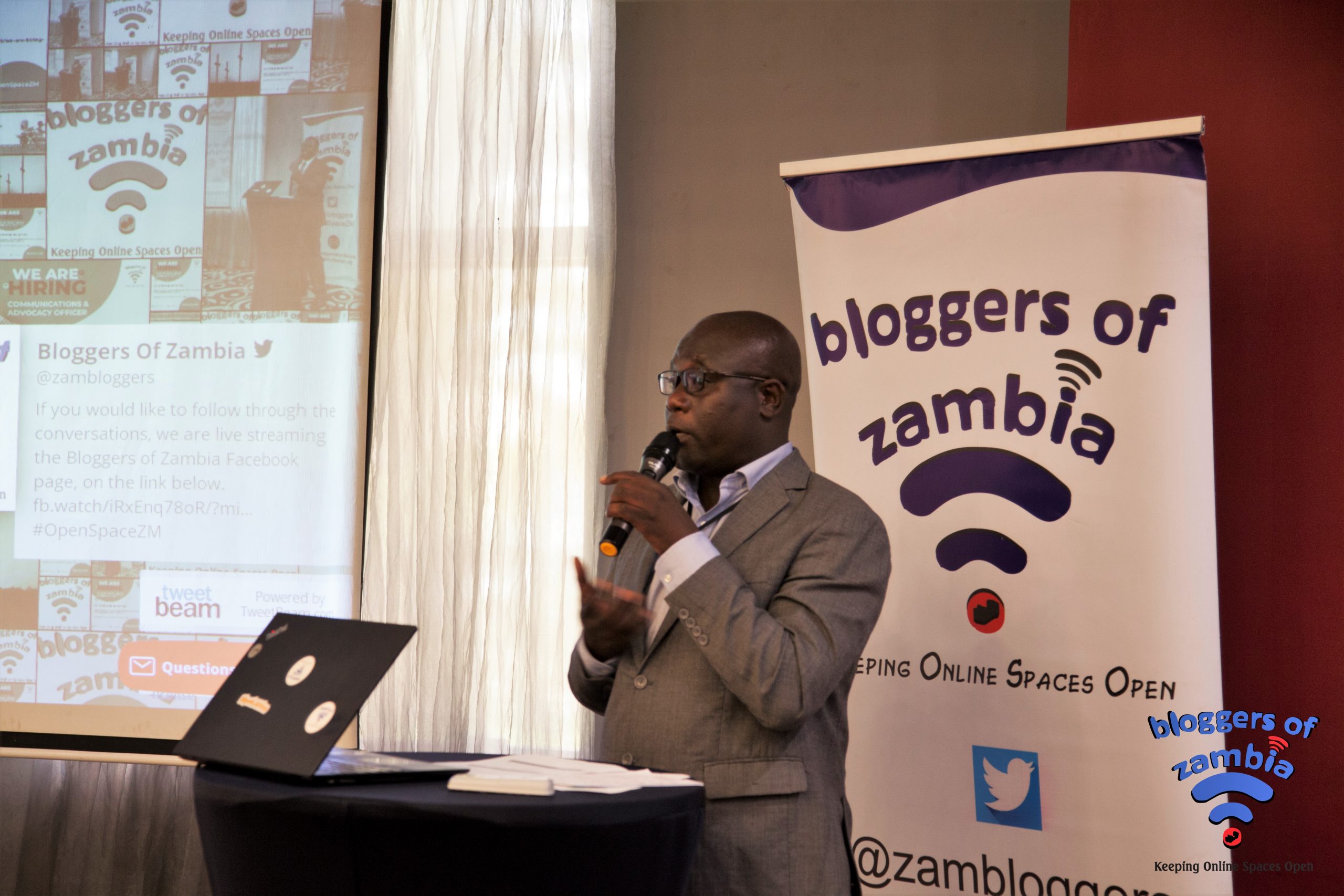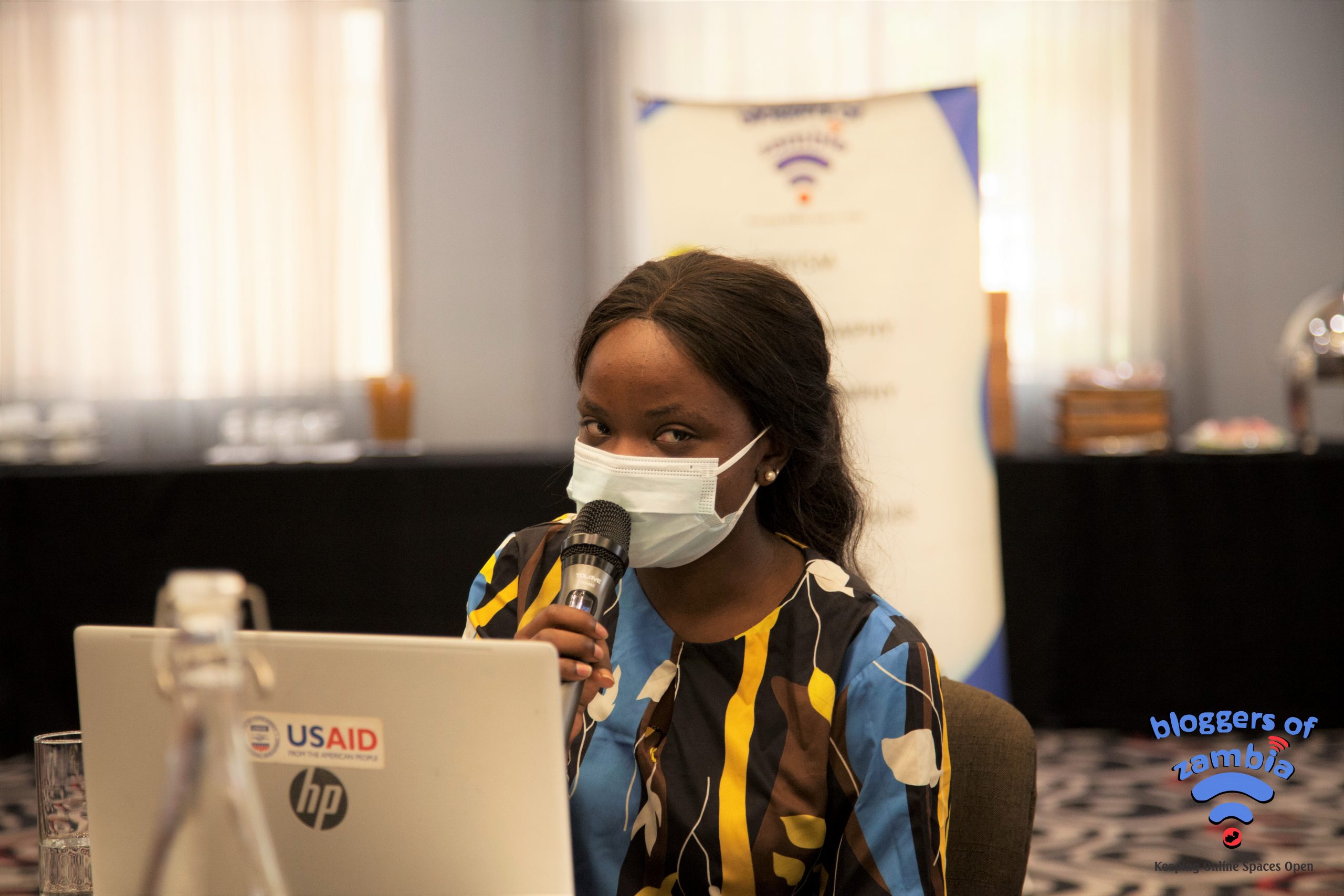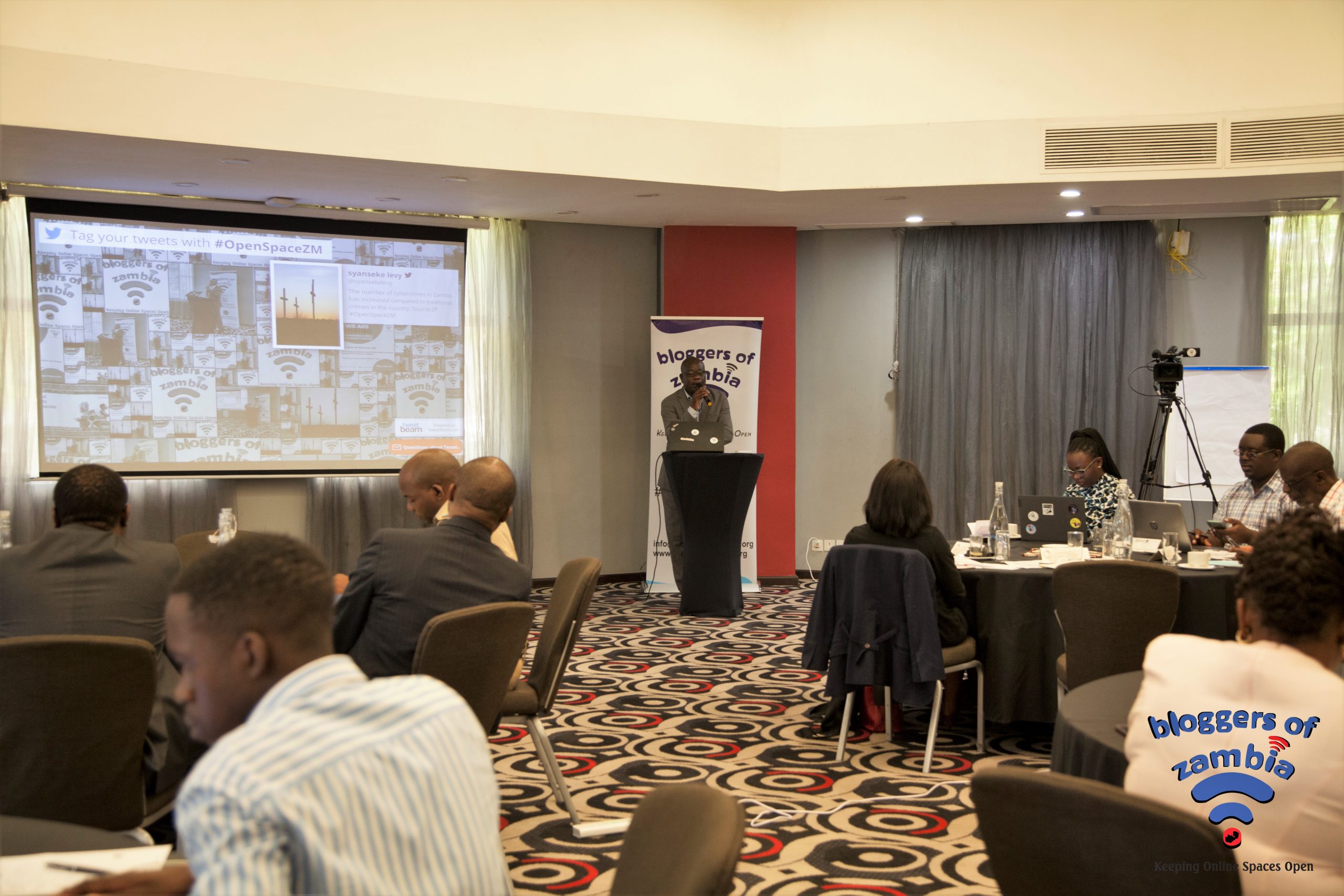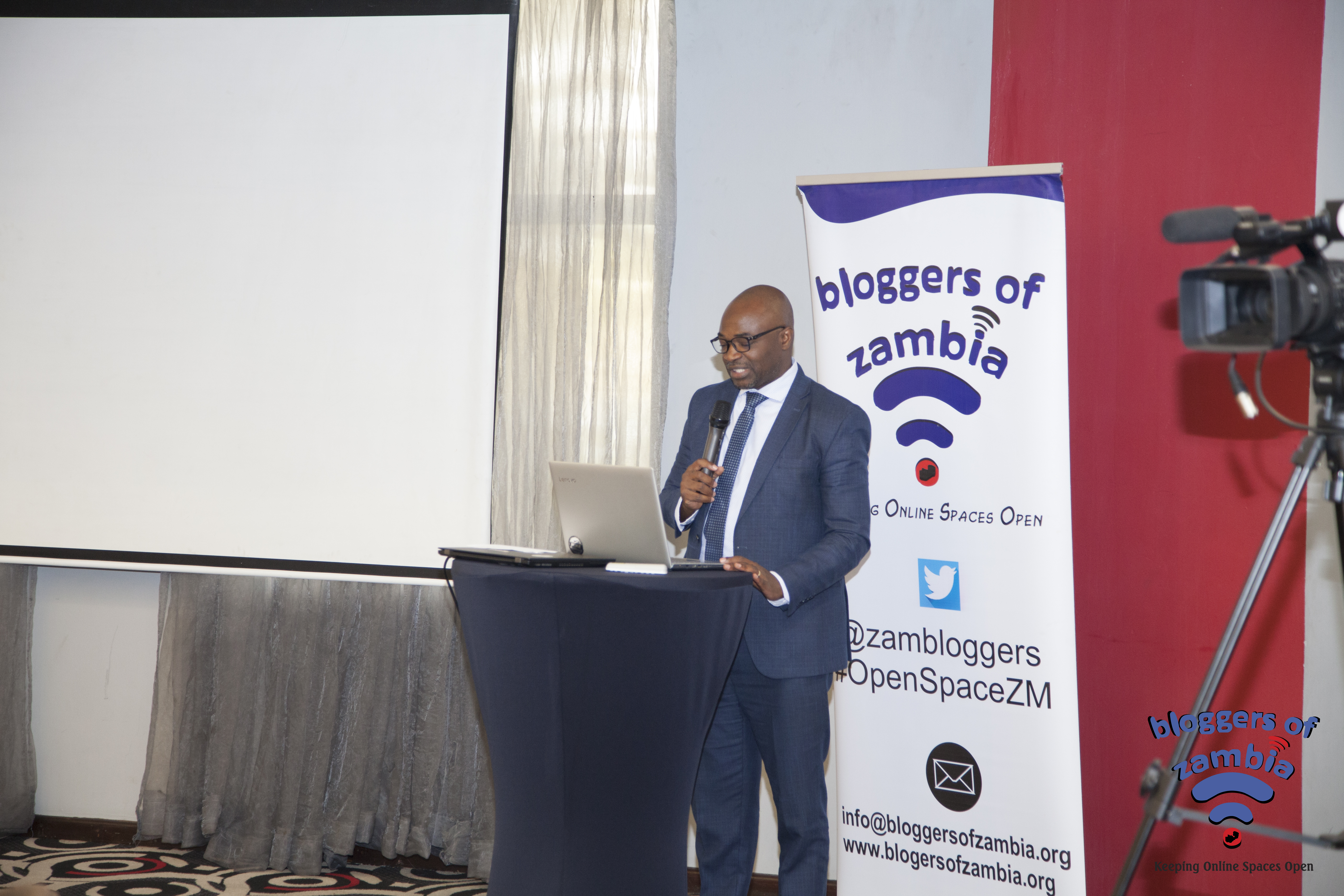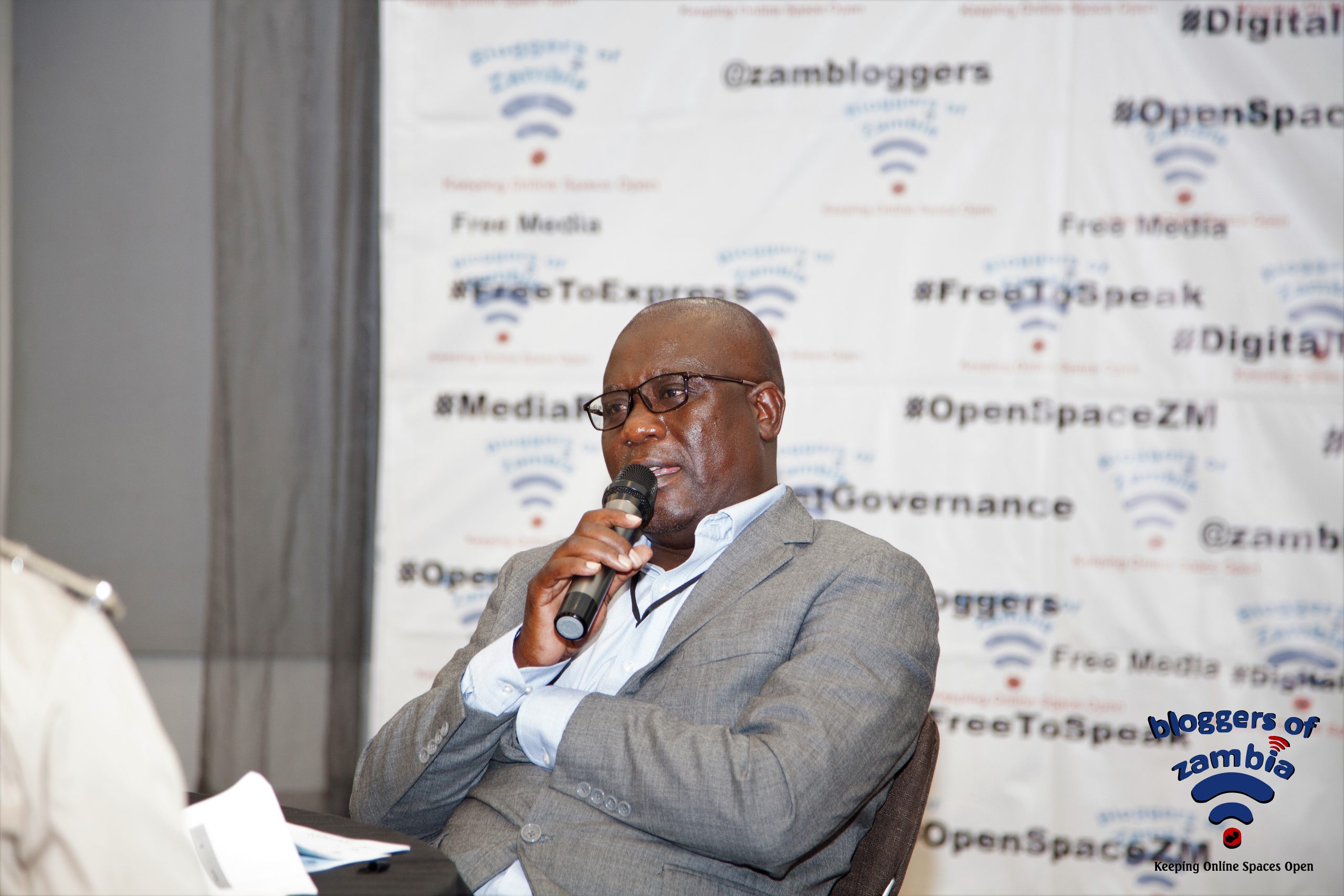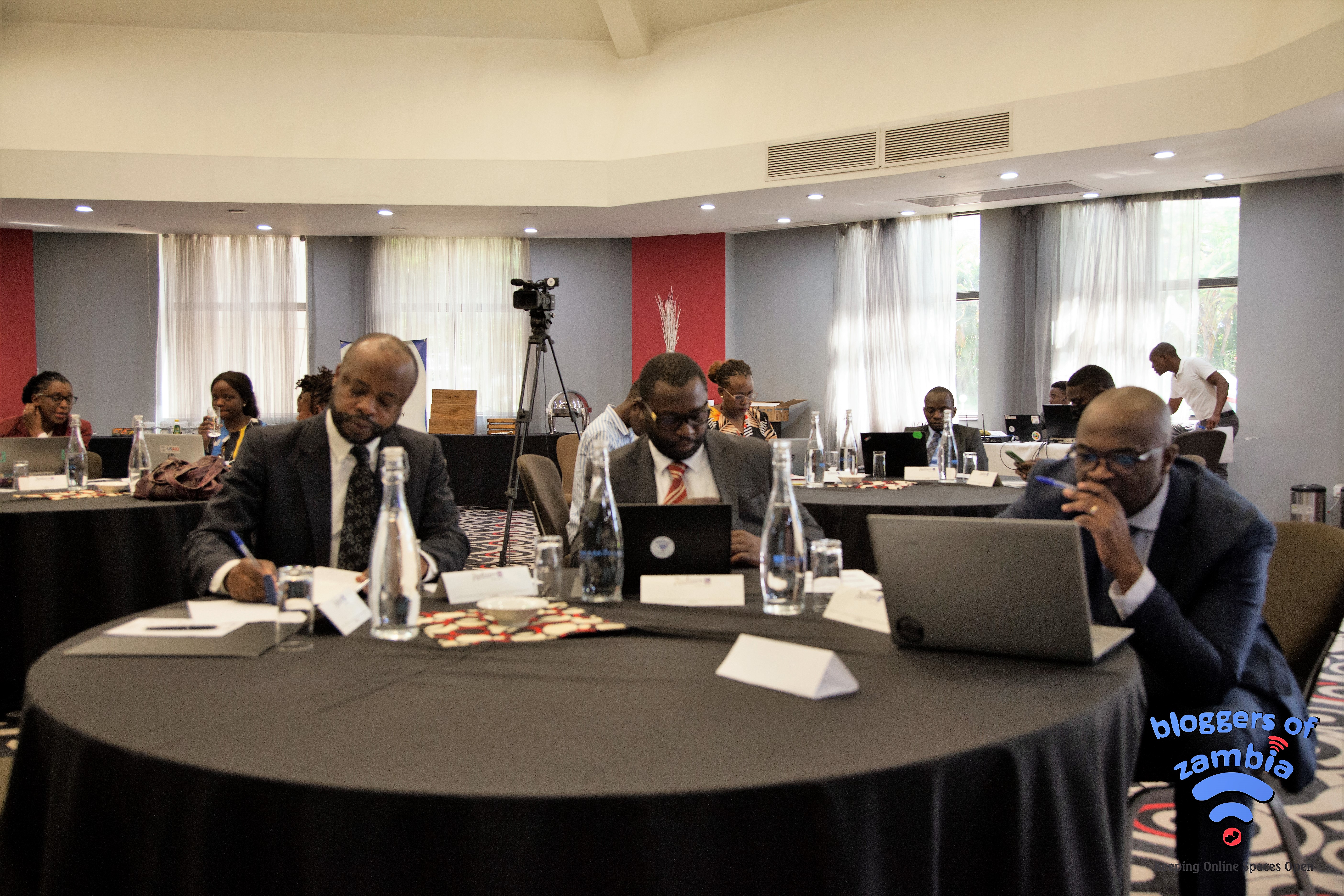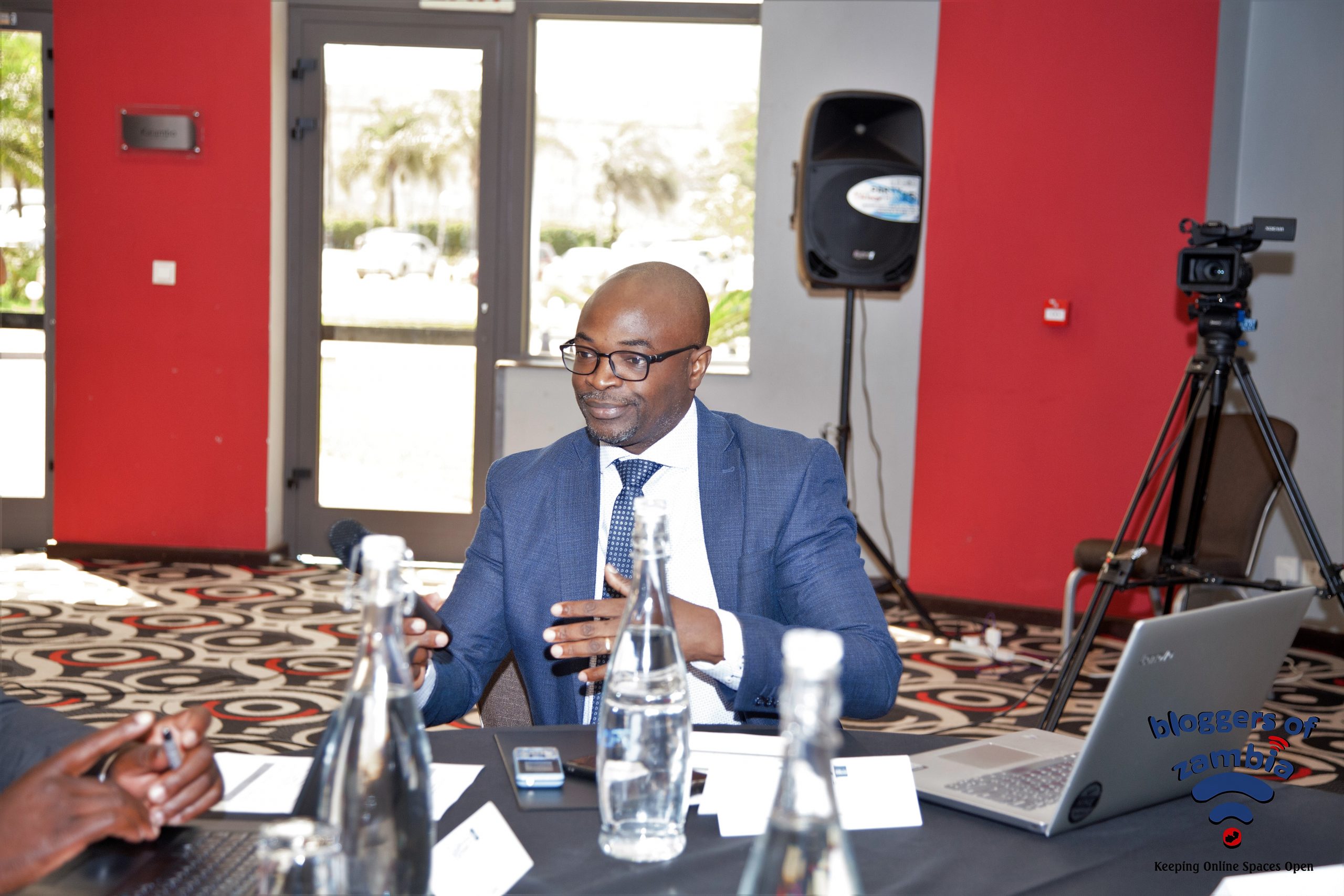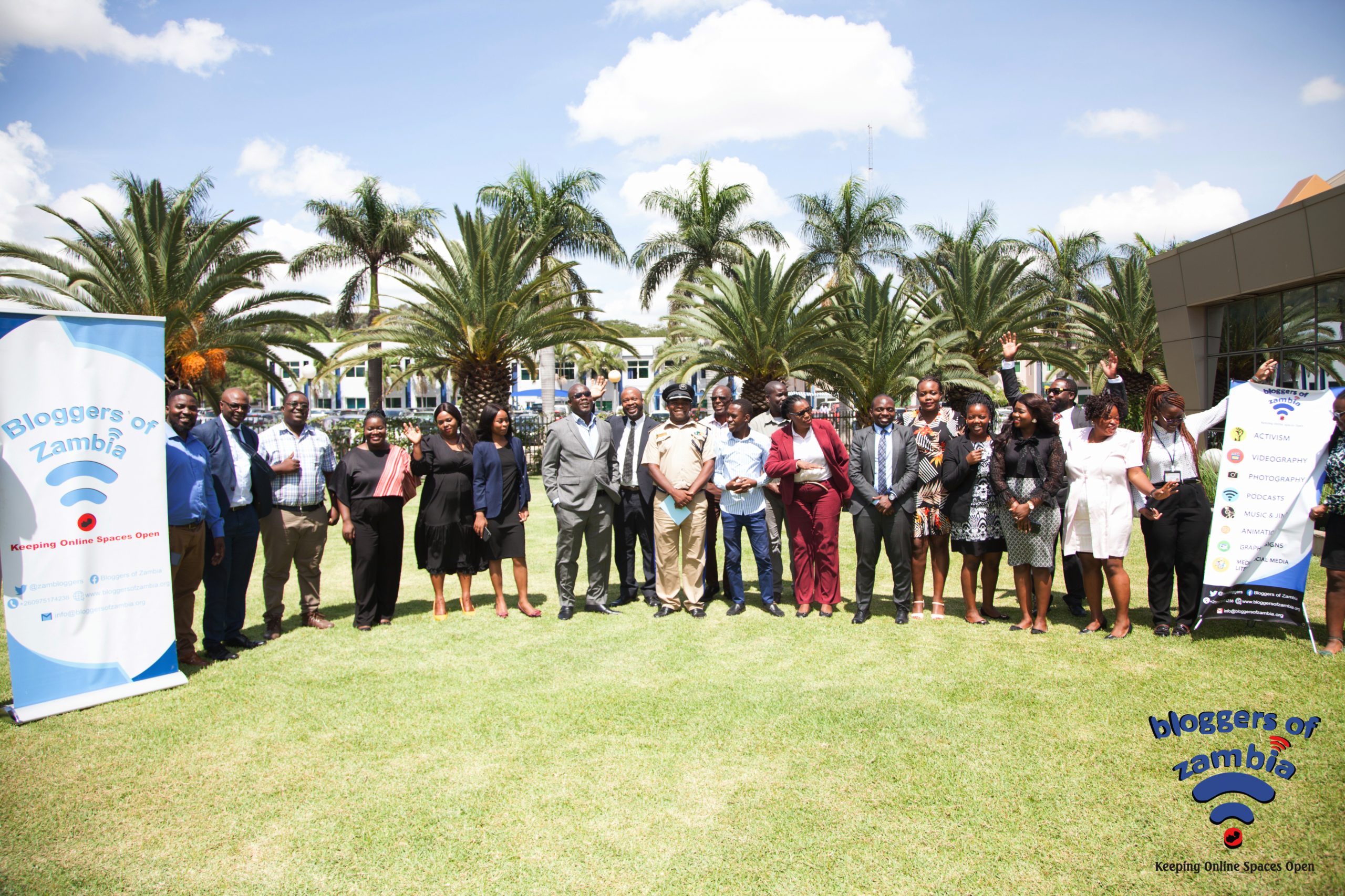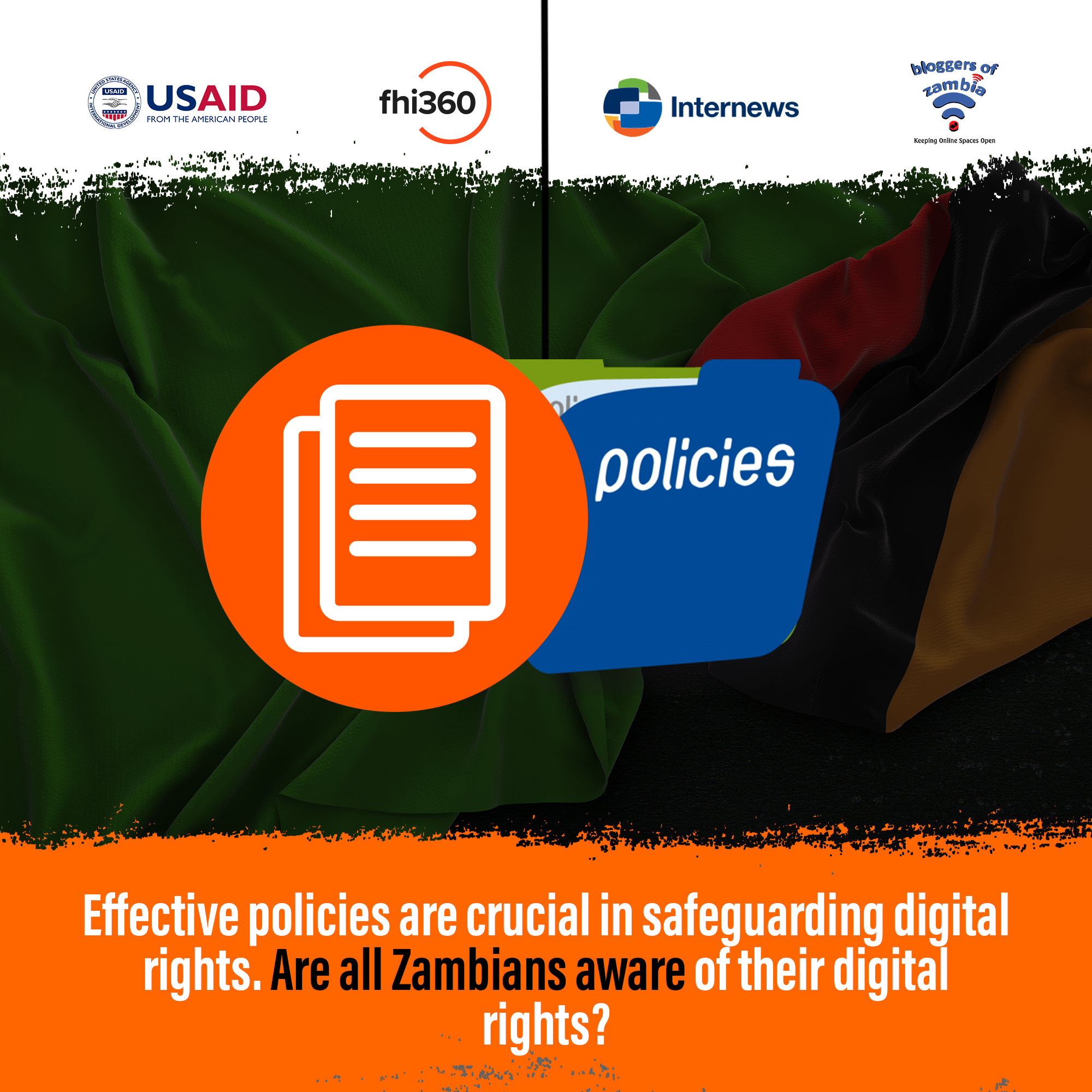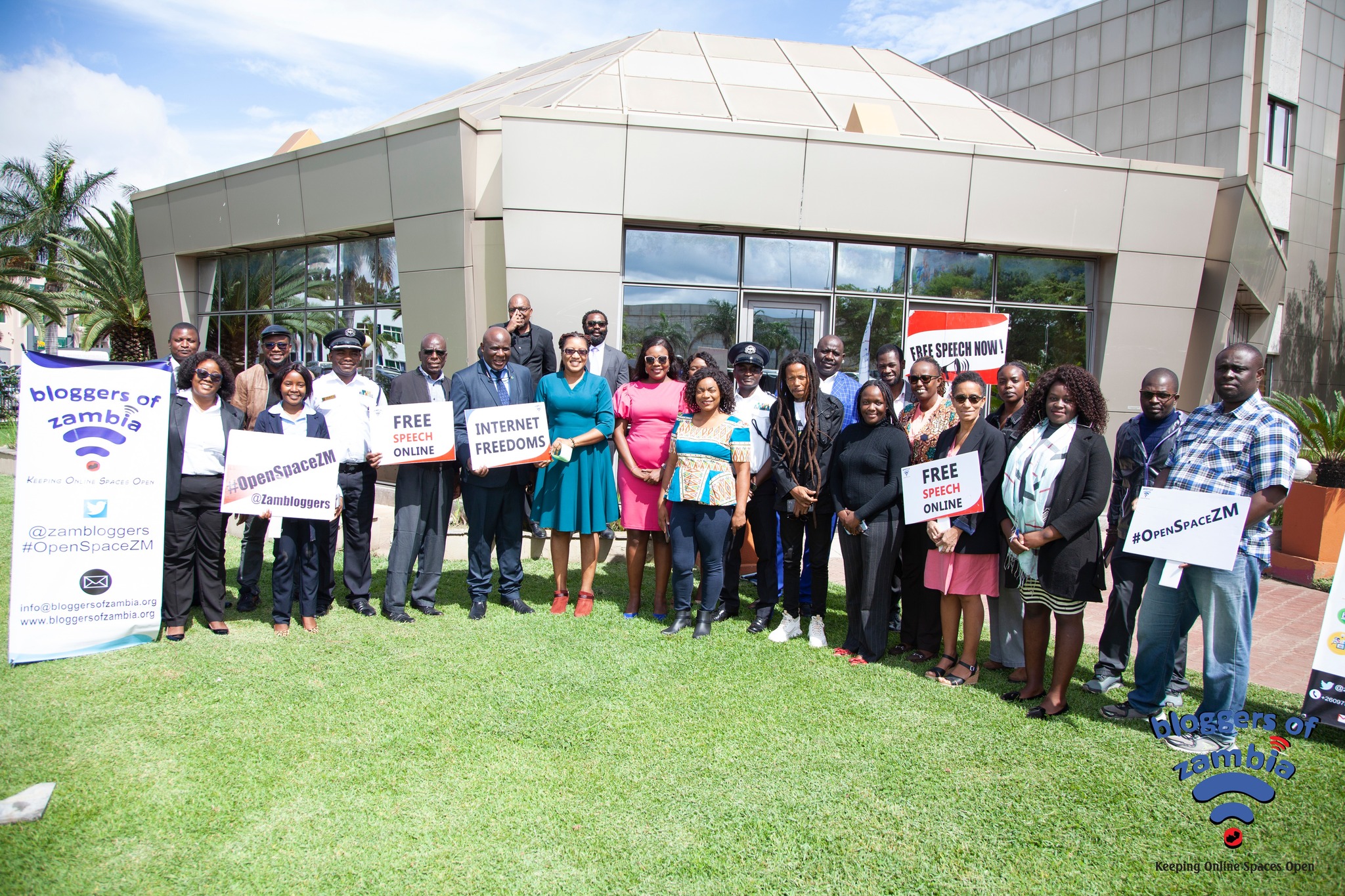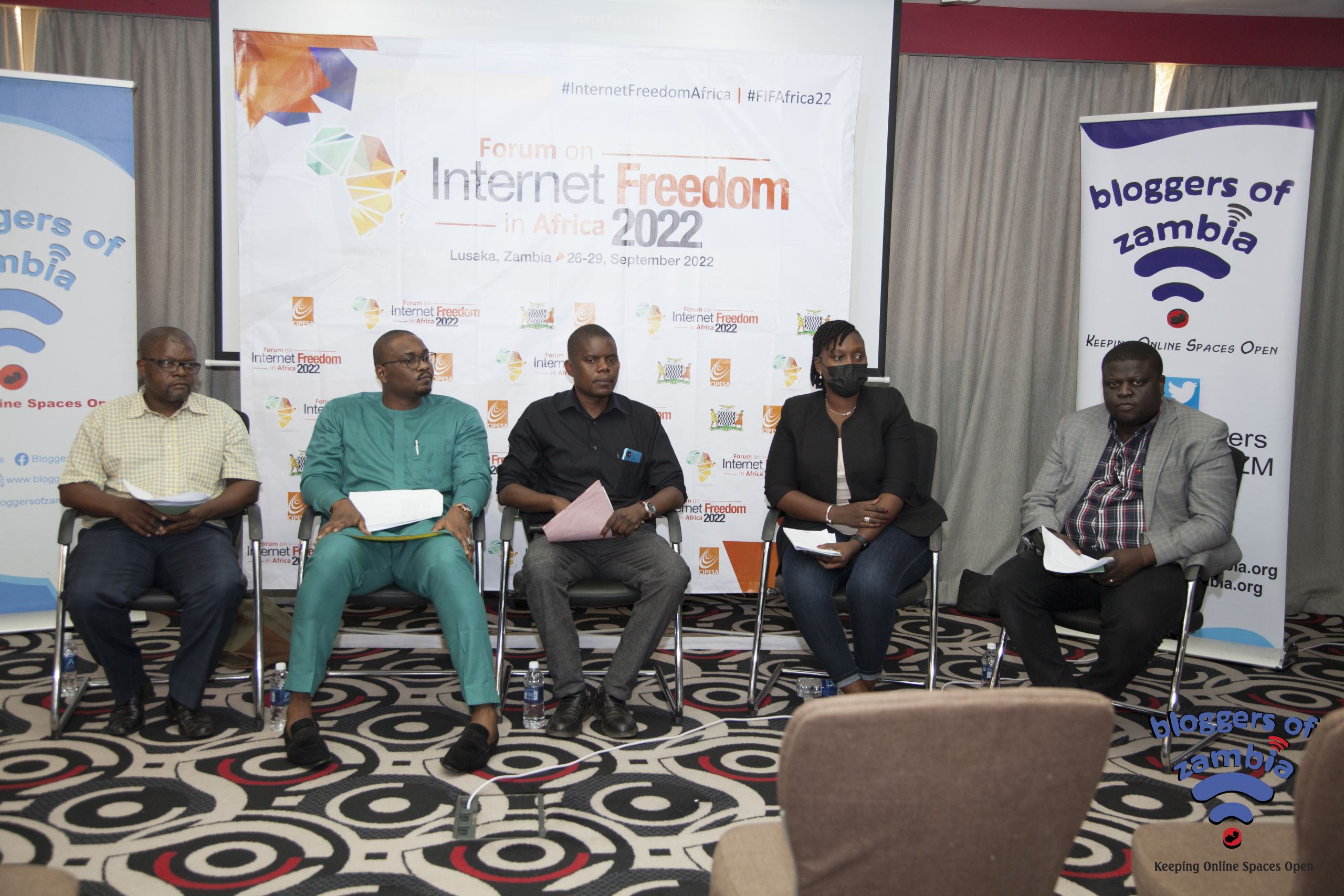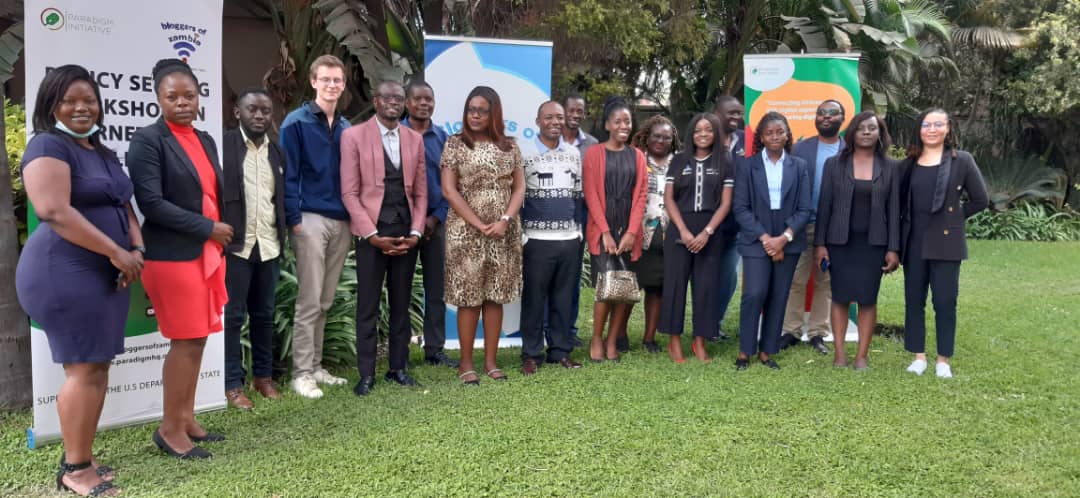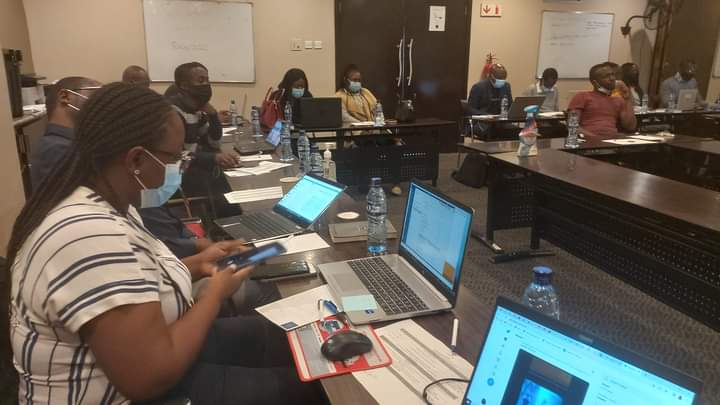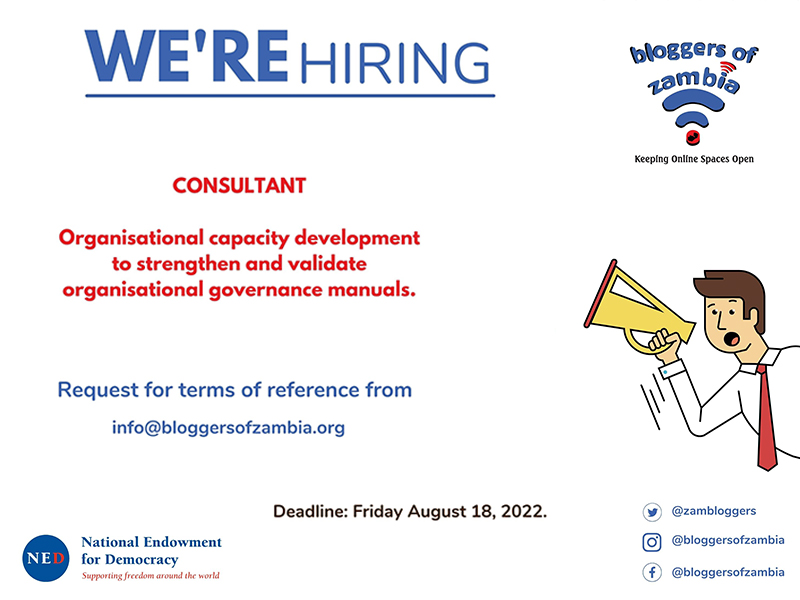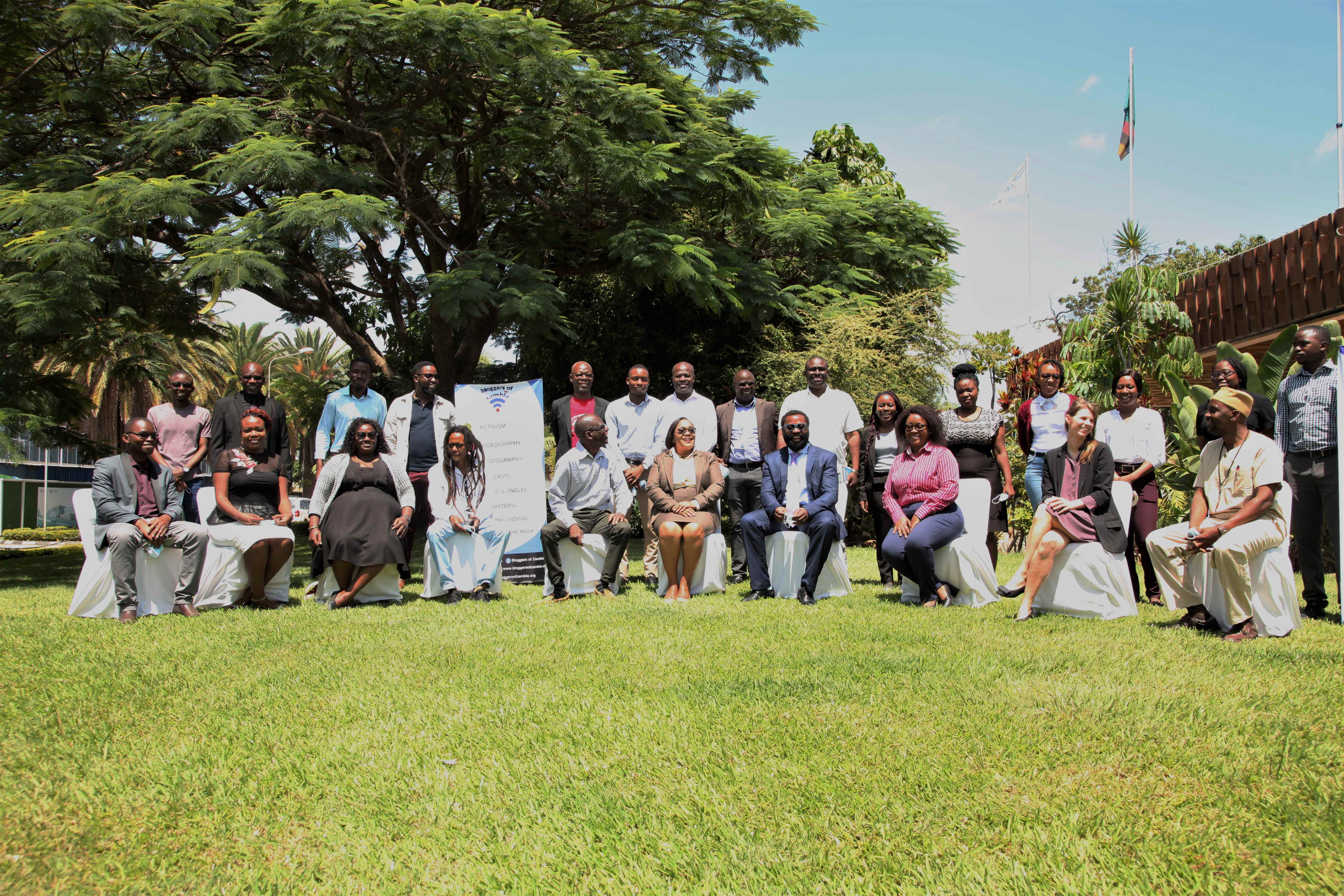The Zambia Cybersecurity Act: Status of Legislative Revision
The Multi-Stakeholder Meeting on the Zambia Cybersecurity Act held in Lusaka on February 22, 2023 brought diverse stakeholders in the space
from government; including the Ministry of Justice, Ministry of Information and Media, Ministry of Justice, activists, academia and civil society to discuss the Cyber legislation in the country, and its impacts on digital rights.
Our team lead, Mr Richard Mulonga remarked that we need to continue to sustain conversations on cyber legislation in the country. This is imperative because of the impact of cyber legislation, where the application of laws can be problematic – instead of promoting the internet to be an enabler of sustainable development.
As we touch on the Cyber Legislation in the country, we must ask, how can we dialogue with all stakeholders in the country in regards to the laws in the country? – Richard Mulonga
The Ministry of Science and Technology was represented by Khumbuzo Nkunika the Assistant Director – Communications and ICT Development who reiterated in his keynote presentation that government has prioritised certain policies and legislation to enhance the growth of the digital economy, as enshrined in the 8th National Development Plan. According to him, a priority of the government is to review the amendments to the Cyber Security and Cyber Crimes Act in the country, especially those clauses that are being challenged. This is a process, as there is a number of milestones that have to be met. Mr Nkunika however noted that we are about 15% up the ladder and that the aim is to have it in the first seating of parliament, next year. Further giving an update on the National ICT strategy and the Digital Transformation Strategy, he said that both are in their last leg, and the hope is that they will be launched at the beginning of April this year.
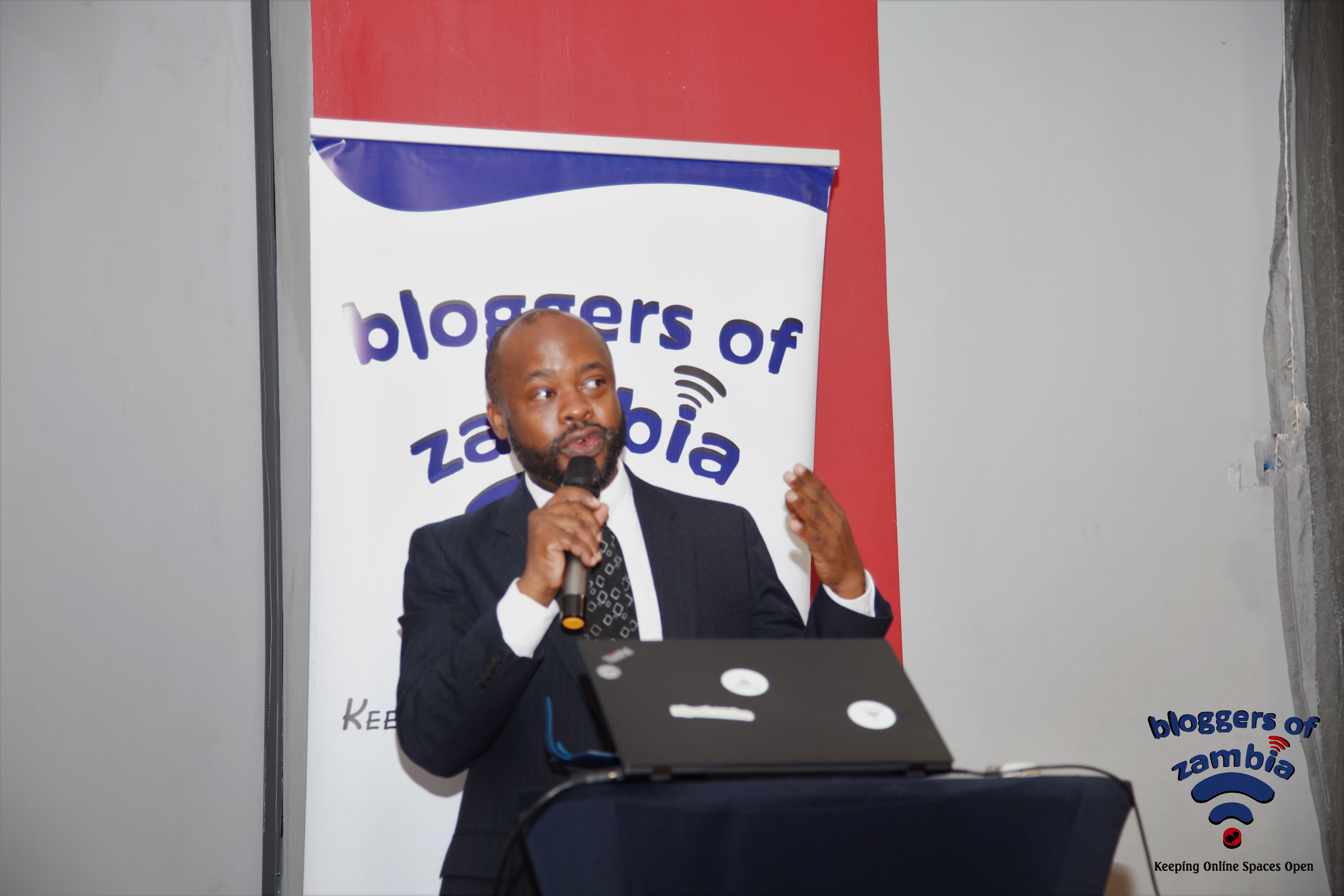
Mr. Khumbuzo Nkunika the Assistant Director – Communications and ICT Development, Ministry of Technology and Science Zambia
Also, Superintendent Godfrey Chilabi, the Assistant Public Relations represented the Zambia Police Service and shared the role of the Police Service, especially in regards to the cyber legislation. He highlighted that the service has been given a mandate to not only enforce but also to understand what the laws enshrine.
Previously, it was a challenge to correctly charge a crime, because the Penal Code did not cover everything. However, sections 49 – 72 have given leverage to correctly charge criminals, for example in identity theft. – Mr Godfrey Chilabi
During the meeting, Dr. O’Brien Kaaba delivered a presentation on the CSO Agenda for the cyber legislation act and stated that some provisions in the Cybersecurity Act restrict freedom of expression, give broad powers to the minister and has problematic elements in terms of hate speech.
It is problematic that the act effectively forces citizens to self-incriminate, which is contrary to international human rights standards, and this must be looked at. – Dr Kaaba
Follow us as we continue to sustain conversations on cyber legislation in the country.
National Endowment for Democracy Ministry of Technology and Science – Zambia Disability Rights Watch – DRW Panos Institute Southern Africa (PSAf) Law Association of Zambia Internet Society Zambia Chapter Ministry of Information and Media – Zambia Human Rights Commission- Zambia Chapter One Foundation
